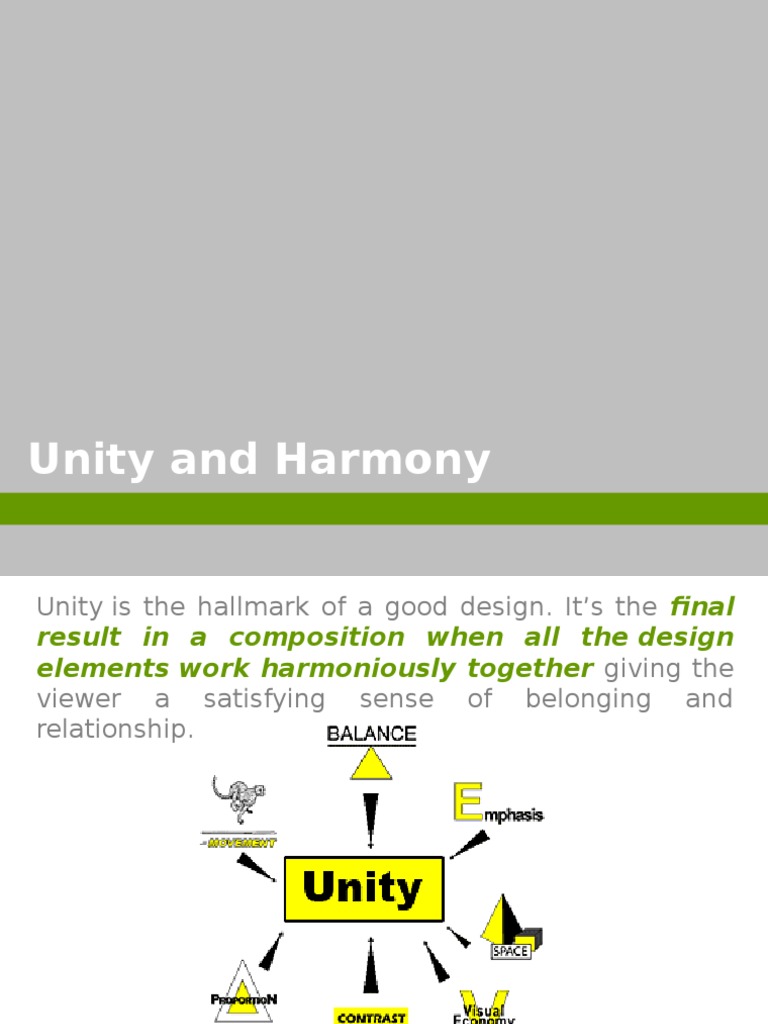In a world fraught with division and strife, the Baha’i teachings emerge as a beacon of hope, offering profound insights into the principles of unity and harmony within society. These teachings elucidate not merely on the inherent interconnectedness of humanity, but they also propose a comprehensive framework for uplifting the collective well-being of every individual. At the core of Baha’i philosophy lies the assertion that the establishment of unity amongst diverse cultures, races, and religions is not merely an ideal to strive for, but an imperative necessity for the evolution of civilization.
Fundamental to the Baha’i faith is the principle of oneness. This tenet suggests that every human being is a reflection of the same Divine Essence and consequently shares a common spiritual heritage. The implications are monumental; the recognition of this interconnectedness engenders a paradigm shift, where individuals begin to see beyond superficial distinctions such as nationality, ethnicity, or creed. Such a transformative perspective proffers a tantalizing glimpse into the potential for societal harmony.
The Baha’i teachings also project the significance of consultation as a method for conflict resolution and collective decision-making. Rather than succumbing to the divisive tendencies of unilateral decisions or autocratic governance, Baha’is advocate for a model that prioritizes discourse and collective reasoning. This model engenders a culture of inclusivity where diverse viewpoints not only coexist but thrive, giving way to innovative solutions that often elude conventional approaches. The practice of consultation reiterates the Baha’i commitment to fostering unity in action, where collaboration supersedes competition.
Furthermore, the Baha’i faith addresses the challenge of prejudice and discrimination with astounding clarity. It unequivocally denounces any form of bias, be it racial, gender-based, or socio-economic. The teachings advocate for the elevation of human dignity as a cornerstone for harmonious relationships. Each individual is seen as a valued contributor to the rich tapestry of human life, thus challenging societal norms that perpetuate inequality. This progressive stance against prejudice serves as a clarion call for societies worldwide to reevaluate their values and practices.
In an increasingly globalized environment, the Baha’i emphasis on universal education stands out as an essential pillar for societal unity. Education is not merely regarded as a privilege but as a fundamental human right that cultivates a sense of empowerment and shared responsibility. A well-educated populace is better equipped to engage in meaningful dialogue, fostering understanding and cooperation. This educational mandate extends beyond the confines of academic knowledge; it encapsulates moral and ethical dimensions that are indispensable for nurturing peaceful coexistence.
The Baha’i approach to economic justice is equally transformative, calling for the re-examination of material wealth and societal structures that foster disparity. The teachings encourage a more equitable distribution of resources and advocate for systems that prioritize the well-being of the collective over individual accumulation. This economic vision is intrinsically linked to the broader social fabric, proposing that material prosperity cannot be decoupled from spiritual well-being. The pursuit of global equity thus becomes a shared responsibility, inviting all, regardless of status, to partake in the creation of a flourishing society.
Moreover, environmental stewardship figures prominently within Baha’i teachings. The faith implores humanity to recognize its duty to safeguard the planet, asserting that the calamities facing the earth are reflections of humanity’s own moral and ethical failings. By fostering a collective consciousness that champions sustainability and respect for nature, a holistic harmony can be achieved that extends beyond human interactions to include our relationship with the environment. The overarching message is clear: the health of the planet is inextricably linked to the health of human society.
Central to the Baha’i vision is the notion of an evolving society. This perspective champions the idea that humanity is on a developmental trajectory, where spiritual and material progress must evolve in tandem. The teachings advocate for dynamic change, inviting individuals and communities to embrace a collective responsibility for societal advancement. This inherent optimism encourages a forward-looking worldview that is essential for navigating the complexities of modern life, where uncertainty and rapid change are ubiquitous.
In conclusion, the Baha’i teachings present a holistic blueprint for unity and harmony, urging a radical rethinking of how individuals perceive their roles within the larger community. They beckon humanity to rise above divisive barriers and foster a culture of understanding, respect, and cooperation. In an era where societal challenges often seem insurmountable, the Baha’i vision serves as a compelling reminder of the potential that resides in collective action informed by principles of justice, equity, and compassion. Ultimately, the promise of unity lies not solely in doctrine but in the unwavering commitment of individuals to implement these teachings in their lives, forging a path toward an inclusive and harmonious global society.
